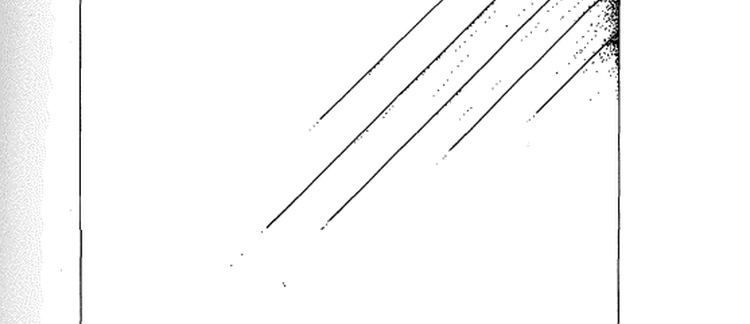Abstract
According to the theory of two person cooperative games two persons can obtain a surplus by working together on condition that they reach an agreement on the division of that surplus, if not, they lose their surplus. This simple logic describes the most elementary interaction mechanism. However, there is a difference according to the nature of the goods. In economic exchange models people resolve their interdependency problems by interchanging private goods, i.e. commodities and means of production. In social psychological and political affinity models, people arrange problems of affection and solidarity by means of properties which are ascriptive and inalienable, such as class status distinctions, religious shibboleths, beauty and attraction. These labels operate like Samuelson’s public goods; one individual, s consumption of these goods does not diminish another's. The article proposes an interaction model with private and public goods for the relationships of power, exchange and affinity. The model explains the amount of interchanged values in power and exchange relationships and also the stability of the interchange in relationships of “affinity”.
How to Cite:
Houben, P., (1986) “Macht, ruil en affiniteit in een eenheidsmodel van cooperatieve spelen”, Tijdschrift voor Sociologie 7(4), 681–726. doi: https://doi.org/10.21825/sociologos.85961
Downloads:
Download PDF
View PDF

